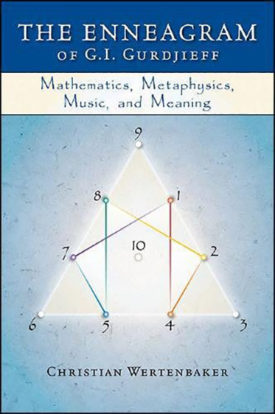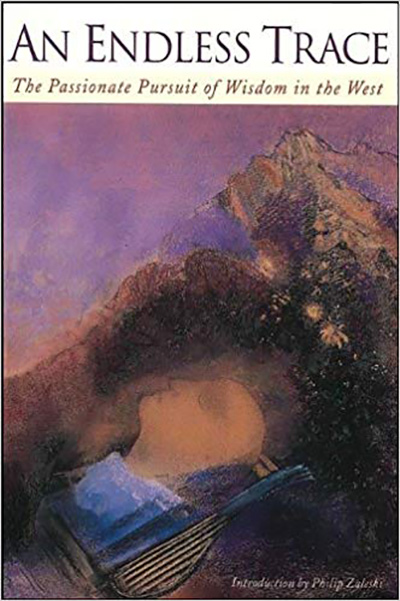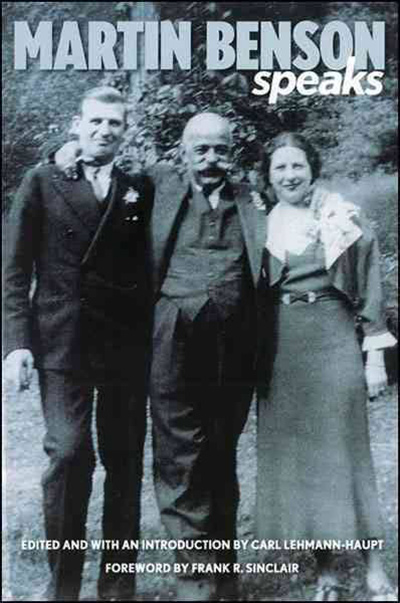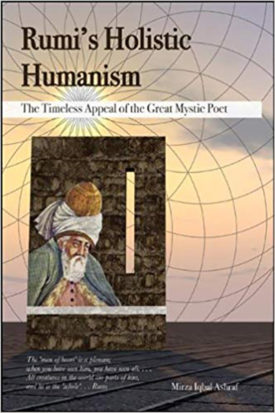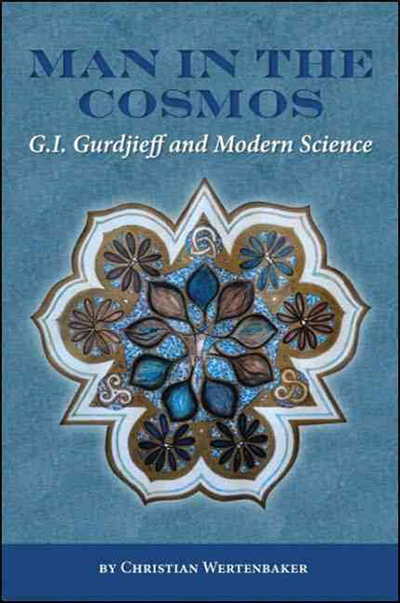-
Out of stockThe Passionate Pursuit of Wisdom in the West Two powerful motives weave beneath the surface of our spiritual history: the desire to know and the desire to love. The secret history of the West is the story of saints, mystics, alchemists, poets, and philosophers trying to unite these two streams and celebrate—in the world and in their own persons—the sacred marriage of Logos and Sophia, Word and Wisdom. This book, an impressionistic history of the Western spiritual tradition, follows the traces—from ancient Greece into modern times—of those who sought to know the world and themselves, while realizing that they must overcome themselves to love the world and each other. There are chapters on Pythagoras, Sophia, Celtic Christianity, the Troubadours, the Grail, the Rose Cross, Renaissance spirituality, Romanticism, nineteenth-century occultism, and twentieth-century esotericism. Inspirational interludes place the whole within an atmosphere of Christian mysticism. Tracking this endless trace of our evolving relationship with each other, God, and nature, we begin to understand how human consciousness has changed and evolved and what humanity's task is now. With an introduction by Philip Zaleski, editor of The Best Spiritual Writing Series.
2003 | 303 pages
-
Jack of all trades, seaman, and spiritual seeker, Martin Benson was gatekeeper for G.I. Gurdjieff at Fountainbleau. He shares intimacies of his life in these captivating memoirs.
2011 | 260 pages
-
Rumi’s Holistic Humanism: The Timeless Appeal of the Great Mystic Poet, presents the mystical poet's passionate conviction that "love is the strongest unifying force," and that its force is present everywhere and in everything. It may even encourage some to study the extraordinary work of Rumi that so often opens the heart of its adepts. For Rumi peace is the natural quest for a "whole person," and the human being's inclination to it arises from a natural universal order. In humankind's fight to root out conflict, violence and war, Rumi's holistic view of unconditional love may prove one of our best friends. Rumi's holistic approach to the phenomena of humankind is that the perimeters between the self and the universe are mitigated to the extent that the material body becomes indistinct of its typical cultural identity. After so many centuries, Rumi today is as he was yesterday, a living icon of Unity and Love for the whole of mankind. Ashraf's holistic weaving of the many spiritual, philosophical, rational, scientific, and cultural "threads" that converge in Rumi's thought offers the beginning of a unitive language that humanists, rationalists, theists, non-theists, atheists, religious folks, artists, scientists—all thinkers of good will from all cultures may welcome and embrace—as they explore and try to understand the universe. So doing, though taking different roads, they unearth a new level of communication and productive diversity. Rumi's Holistic Humanism takes into account the wide range of philosophical inquiry and mystical experiences, issues of psychology, morality and discipline, and the problematic conditions of ordinary daily human existence. Shakespeare gave us the question, "To be or not to be..."Rumi asked"... to love or not to love?", and the WHOLE HEART answers with a resounding YES! "Gamble everything for love."
2012 | 180 pages
-
This book is a collection of essays that try to relate two distinct areas of human knowledge: the mystical cosmology of G.I. Gurdjieff, based on ancient wisdom, and the discoveries and theories of modern science. Christian Wertenbaker, M.D. bases this study on three basic convictions: First, given the lucidity of G.I. Gurdjieff’s descriptions of the human condition, it is necessary to give credence to his ideas about the universe, man, and about their relationship. Second, that the method of modern science is a valid way to arrive at truths about the world, with one caveat: because science tries to be objective and to bracket the subjectivity of the observer, its findings apply only to the external world, leaving the inner world of consciousness to another realm of inquiry. Third, that there is nevertheless only one world, and so all truths about it must be compatible and related. These principles have guided these essays, some of which have been published in Parabola magazine over the last fifteen years. They represent a personal quest for a more comprehensive truth about the nature of reality. To reconcile Gurdjieff’s ideas and modern science, Dr. Wertenbaker went to medical school and to postgraduate training in neurophysiology, neurology, neuro-ophthalmology and ophthalmology. He also became a member of the Gurdjieff Foundation, devoted to exploring Gurdjieff’s ideas.
2012 | 200 pages


